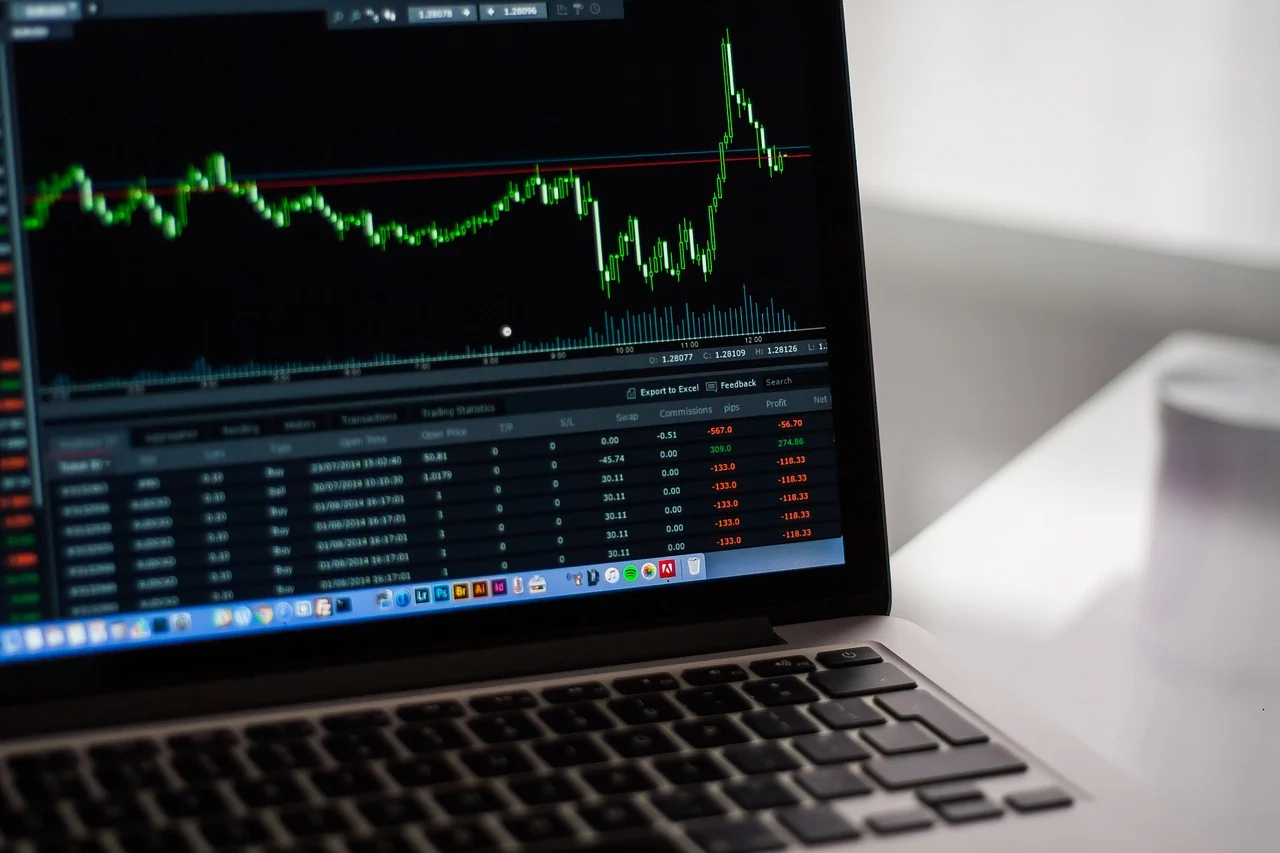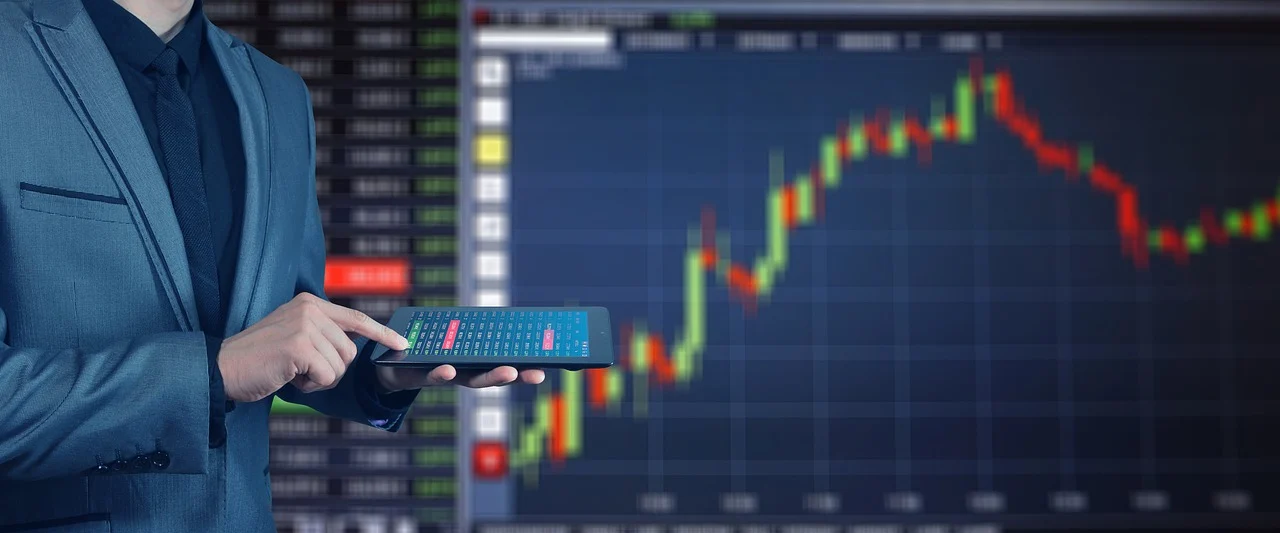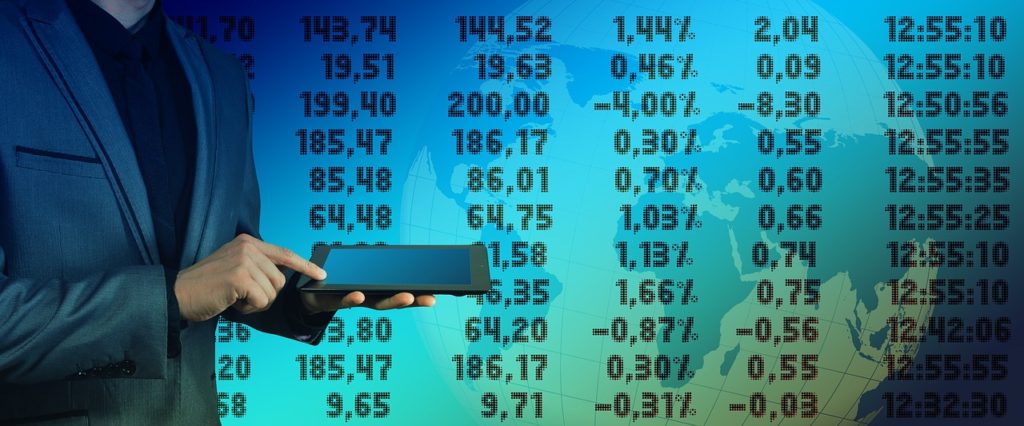CFD (Contract for Difference) Trading offers you a more affordable alternative to the traditional stock market trading, without limiting your potential profits. The concept behind CFDs may seem confusing at first, but it is actually quite uncomplicated and simple: You are basically speculating on the value development of a stock, index or other asset and make a profit or loss depending on how the value of said asset actually developed.
Right from the start it should be noted, that around 3 in 4 traders lose money with CFD trading and hence, only 1 in 4 traders end up making a profit. If you feel confident to be one of them, you are welcome to read on.
Note: CFD Trading is currently not allowed within a number of countries, among them the United States of America. So if you’re in the U.S. or one of the other countries where CFDs are not permitted, you are unfortunately excluded from CFD Trading.
CFD Trading is allowed in the following countries: Australia, Austria, Canada, Cyprus, France, Germany, Hong Kong, Ireland, Israel, Italy, Japan, The Netherlands, Luxembourg, Norway, Poland, Portugal, Romania, Russia, Singapore, South Africa, Spain, Sweden, Switzerland, Turkey, United Kingdom & New Zealand.

What are CFDs?
A Contract for Difference is basically an agreement between two traders, one deemed the buyer and the other one deemed the seller. CFDs are set up for various kinds of bets on assets, including stocks, indexes, currencies or commodities. The price of these assets being the basis for the contract and any price movement having a certain value. Sellers of CFDs speculate on a price fall of a respective asset, the buyer predicts the price to increase. A selling position is called a short position or “going short“, a buying position is called a long position or “going long“. The size of such position is calculated by the number of contracts a trader put long or short.
Your profit or loss is then determined by the following formula:
Example: Let’s say a CFD is set up over the FTSE 100 index (Financial Times Stock Exchange 100, the 100 biggest companies on the London Stock Exchange), which at the time of this article is priced at $6,158.85. The value of one point movement for the FTSE 100 index is at $10. This means if you go long on one contract, you would make $10 for every point the price moves up and lose $10 for every point the price falls.
But let’s say you put a long position on 10 such contracts and the price increases to $6,160.00. Then your profit would be $115. Why?
Because (10 contracts x $10 per point movement) x ($6,160.00 – $6,158.85) = 100 x $1.15 = $115
If the price would decrease to $6,158.00 however, you’d make a loss of $85.
Because (10 contracts x $10 per point movement) x ($6,158.00 – $6,158.85) = 100 x – $0.85 = – $85
As you can see, that’s a lot of money to win OR lose for such a small price movement.

Why CFDs instead of traditional investing?
CFDs have several attractive advantages over the traditional stock market:
1. Leveraged Trading
Leveraged trading with CFDs works the same way as leveraged trading with Forex. You can read more about it right here.
Basically, if you were to buy 100 shares of Amazon on the stock market (current price at the time of this writing: $3,036.15), you’d have to invest the full amount of money to do so by yourself. With a leveraged CFD, you may only have to put up as little of 5% of that cost (depending on what the margin requirements are). All this while still being able to trade as if you really bought the 100 shares. This can very quickly lead to massive profits, but of course also some heavy losses. This is why many countries have limits in place as to how leveraged CFDs can be. Within the European Union & the UK, that limit is set to 30:1 for example.
But in any case, CFDs make it more affordable for you to trade in these high trade sizes.
2. Ability to Short
This is an obvious advantage that CFDs have over the traditional stock market. On the stock market, you can only buy stocks. Meaning you can only profit by the price of your stocks going up.
CFDs, on the other hand, offer you additional way of making a profit by the ability to open up short positions. This means you can also bet on certain stocks, indices or other assets to decrease in value. This is possible since you don’t actually buy any shares of a company, but just a Contract of Difference which entitles you to the difference between the opening and closing price no matter in what direction the price went if you speculated correctly.
This may actually be the biggest reason why traders choose trading in CFDs instead of traditional stocks.
3. No Fixed Duration
Much like CFDs, Futures are another binary (long or short) financial product. However, unlike Future contracts, Contract for Differences usually do not have a fixed duration. A fixed duration means you cannot just close your position with a Futures contract whenever you want. You will always have to wait until the specified time in the future when the contract runs out. Depending on where the price is at that specific time and date, you either make a profit or loss.
With CFDs, you don’t have to worry about any predetermined time frames. You are free to close your position at any time during trading hours. This gives you a much higher flexibility and lets you react to possible new developments on the market and in the world that could change your mind on some trading decisions.

How to Start Trading CFDs
Getting started with CFD trading takes pretty much the same steps as starting with traditional trading or even Forex trading. In fact, most Forex brokers also offer CFDs to their clients. Just choose a broker that suits you, then fund your account and you can start trading CFDs.
How to find a suiting CFD Broker? In many ways, the same way you find a Forex broker (and again, most brokers offer you both financial brokers these days anyway). Read here what the most important factors are to consider when searching for a good broker.
Additionally to these general attributes a broker should have, you should also make sure that your Broker offers you the CFDs you want to trade with. The general rule is: The more CFDs, the better. And this doesn’t just apply to stocks either. There are Contract of Differences for many other financial products such as Indices and ETFs (Equity Traded Funds).
A bigger product portfolio allows you to be more flexible with your trading and less likely to miss out on trading opportunities. You will avoid situations where you recognize a golden trading opportunity, but cannot profit on it because your Broker doesn’t offer a CFD on that certain asset. Few things are more infuriating and regrettable than that in the world of trading.
Bottom Line: Should You Trade with CFDs?
Whether you should or shouldn’t get involved in CFD Trading of course first depends on whether you even can trade with CFDs in the first place. If you live in a country where Contract for Differences are banned, then CFDs just aren’t for you.
But for everyone else CFDs can prove to be a very attractive alternative to traditional stock trading. CFDs provide you a much cheaper way to trade stocks, indices and even ETFs. Through leverage you are able to make mind-bogging high profits sometimes in the span of a single trading day. It is no wonder that, like Forex, an increasing number of CFD traders also manage to become full-time traders.
But where there are high chances of profits, there are also high risks of losses. CFDs are highly volatile financial instruments where trades can quickly go against you, making you lose a considerable amount of money just as fast as you can make high profits. Most people actually lose money with CFDs. So you should a) definitely know what you’re doing and b) never trade with money that you cannot afford to lose.
But if you take that advice to heart, CFDs can definitely be a very great way of making money online, all from the comfort of your home or wherever you’d like to work from. It gives you a faster, less complicated and cheaper access to stocks and other financial products that can make you lots of money.
Just find the right broker, be smart and responsible with your trades and in the end Contract for Differences can prove to be a fantastic way of increasing your income, whether as a side business or a full-time trader.



